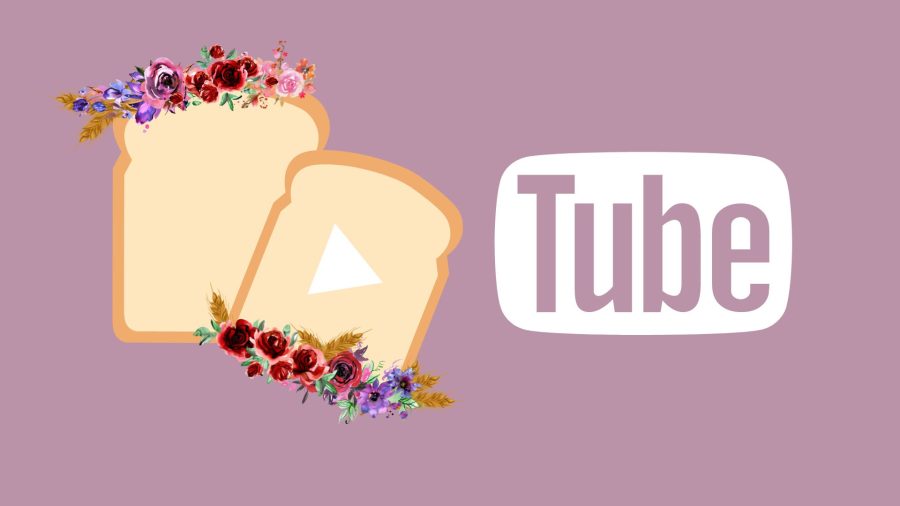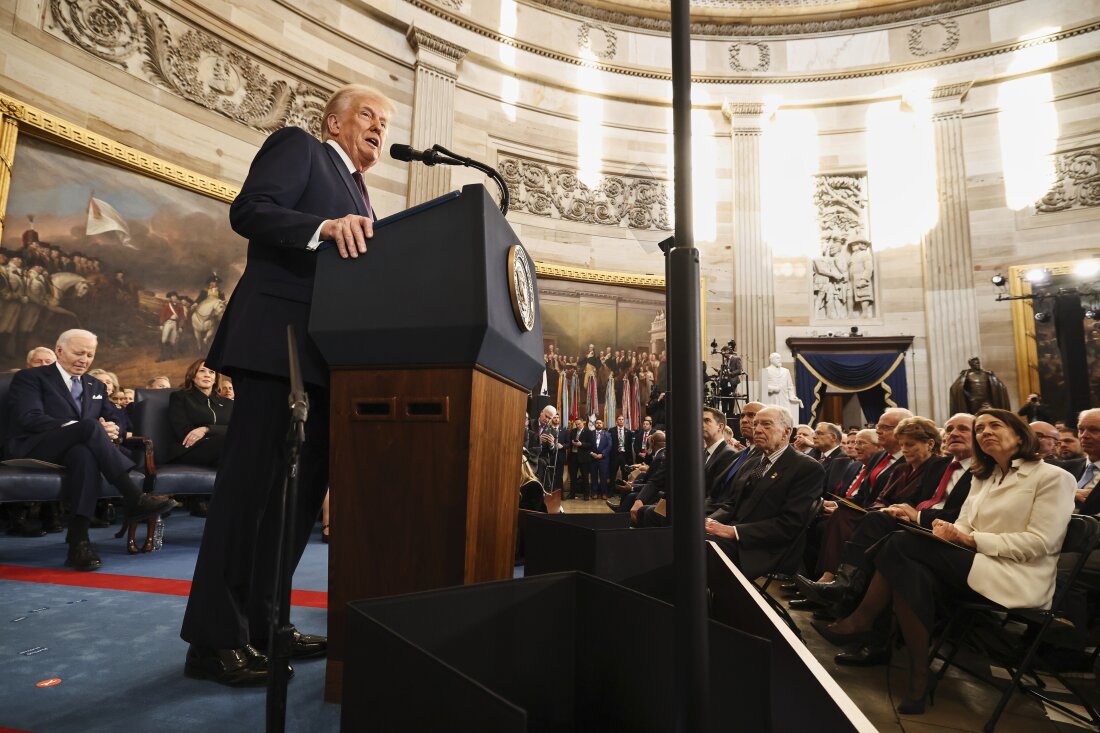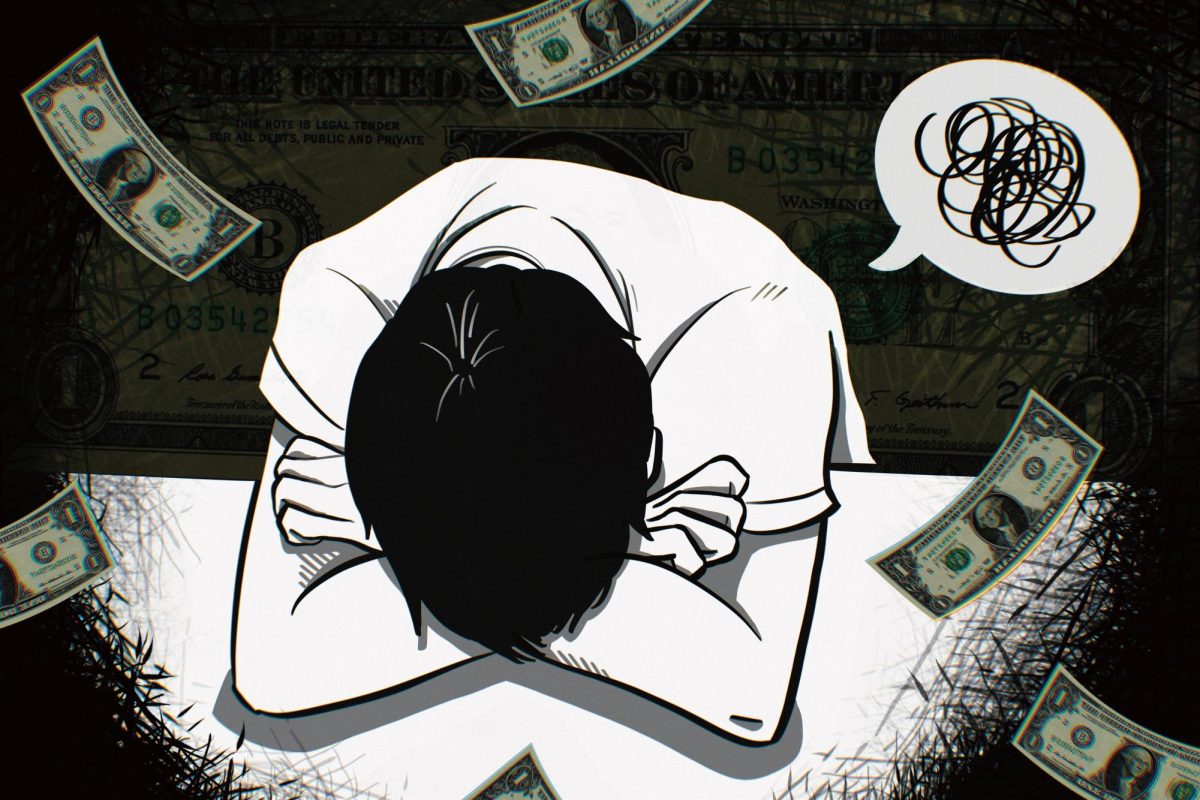Surprisingly, Bread Tube is not a term used to describe a hollowed out baguette. It’s also not a bakery-themed subway train. It’s actually a term used to describe a community of left-leaning YouTubers who create content focused on topics such as politics, social justice, and economics. The term originated from the anarchist slogan “bread and roses,” which refers to the idea that workers need both economic security (bread) and cultural enrichment (roses) to live fulfilling lives. It fosters a culture of advocacy and change, while giving sustenance in the form of entertainment. With bread and roses, thesis and performance, Bread Tube makes theory reality all while you’re enjoying the show.
The origins of Bread Tube can be traced back to the early 2010s, when a number of left-leaning content creators began to gain popularity on YouTube. They were a reaction to rising anti-woke sentiments that YouTube’s algorithm seemed to forefront on their platform. And as such, many of these creators focused on topics such as feminism, social justice, and economic inequality in a digestible, entertaining way. Their content is often characterized by its humor, wit, and irreverence. Many creators use humor as a way to engage their audiences and to make complex topics more accessible. Some Bread Tube creators also use satire and parody to critique mainstream media and politics. For many Bread Tubers, their goal is to de-radicalize people in their community. For example, F.D. Signifier and ContraPoints present arguments that aim to see people where they are at. They use humor and relatability to steer people, especially young people, away from the populism and hate rhetoric that they grew up surrounded by in the YouTube sphere.
Over time, the Bread Tube community grew and evolved, with more creators joining the movement and exploring a wider range of topics. Today, Bread Tube encompasses a diverse range of content creators, each with their own unique perspective and style. While the community is primarily focused on YouTube, many Bread Tube creators also have a presence on other social media platforms, such as Twitch and Twitter.
Bread Tube content covers a wide range of topics, but there are a few key themes that are common across many channels. One of the most important themes is a focus on social justice issues, such as racial inequality, LGBTQ+ rights, and feminism. Bread Tube creators often use their platforms to call attention to systemic injustices and to advocate for social change.
Another important theme in Bread Tube content is a focus on economic inequality and the failings of capitalism. Many creators use their videos to critique the capitalist system and to argue for alternative economic models, such as socialism or anarchism. Some Bread Tube creators also explore topics such as labor rights, unionization, and the gig economy.
Bread Tube has had a significant impact on online discourse and political engagement. By creating informative and engaging videos on a wide range of topics, Bread Tube creators have helped to educate and mobilize a new generation of politically engaged young people. Many Bread Tube creators also use their platforms to raise money for charitable causes or to support political campaigns.
Bread Tubers have faced criticism that their content is too focused on theory and ideology, and that it doesn’t do enough to engage with real-world issues and problems. Others have accused Bread Tube of being overly divisive or hostile towards those with different viewpoints. It’s also worth noting that not all leftists on YouTube or on social media identify with the term Bread Tube.
Despite these criticisms, Bread Tube and leftist spaces in general, are an entrance point to political theory for many of their viewers. By sticking in a bit of Marx and Foucault alongside a video about let’s say J.K. Rowling, you can enjoy and also learn from their content. It’s almost like a parent who always puts veggies on their kid’s plate because it’s always there. It becomes easier to stomach. By providing a platform for diverse voices and perspectives, Bread Tube has helped to challenge mainstream narratives with a goal of creating a more informed and engaged public. I love how Bread Tubers use humor, analysis, and camp to break down complex topics and make theory both real and absurd. In other words, when it comes to Bread Tube, I eat it up.
I fell in love with a Bread Tube over quarantine, and I’d love to share some of my favorites that I’ve binged along the way:
- Contrapoints: Contrapoints is a YouTube channel created by Natalie Wynn, who is known for her witty, provocative, and highly-produced video essays. Her videos cover a range of topics, from gender identity and sexuality to political theory and current events, all with a left-wing perspective.
- Philosophy Tube: Created by Abigail Thorn, Philosophy Tube is a YouTube channel that explores complex philosophical ideas and concepts in a way that is both entertaining and accessible. Thorn’s videos cover topics such as ethics, political theory, and the philosophy of science, with a focus on how these ideas relate to our lives and society as a whole.
- Shaun: Shaun is a YouTuber who creates videos that critique right-wing media and politics. His videos often feature detailed analysis of news stories and other media, and he uses a combination of humor and skepticism to expose and debunk right-wing talking points.
- Lindsay Ellis: A channel created by a former film critic that explores a wide range of topics related to media and culture, from Disney movies to internet memes. Lindsay Ellis’s videos often provide insightful critiques of mainstream media and culture from a progressive perspective.
- Hbomberguy: A channel created by Harry Brewis that uses humor and analysis to critique right-wing media and politics. Hbomberguy is known for his long-form video essays that provide in-depth critiques of a wide range of topics, from internet culture to fascism.
- Alexander Avila: A channel formerly known as AreTheyGay created by Alexander Ávila. Ávila focuses on Queer History and how Queerness comes into conflict with capitalism in celebrity identities, video games, and music.
- F.D. Signifier: A channel of video essays on Black movies and media. F.D. Signifier deconstructs the manosphere and incel rhetoric, finding humor in relating it to the WWE. He is known for his Twitter: Kayfabe Signifier.




















